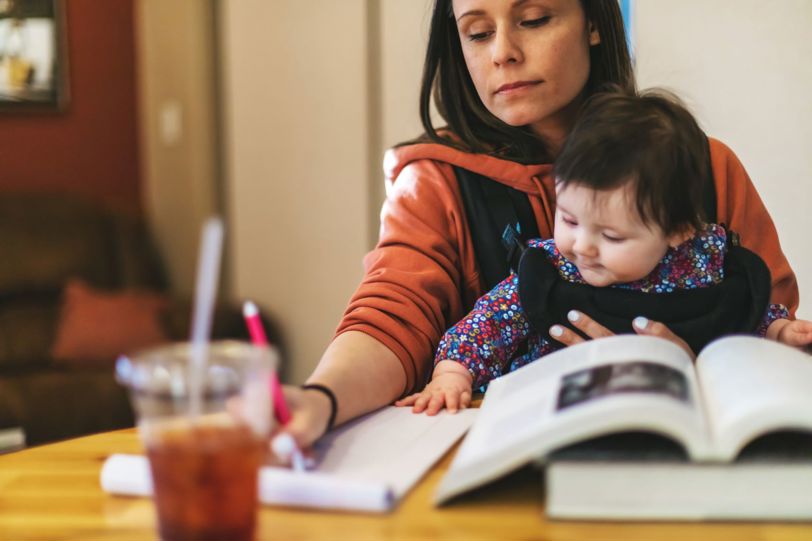ECMC Foundation Funds COVID-19 Response Efforts and Programs to Support Students Beyond the Pandemic
An Announcement from Vice President Lynn Alvarez
June 23, 2020


In the first half of 2020, ECMC Foundation committed nearly $17 million to advance the postsecondary outcomes of underserved students. Since the COVID-19 pandemic closed campuses and brought a wave of uncertainty about the educational futures of many students, we launched a new rapid response grant program that disbursed nearly $600,000 to 65 organizations and granted $1.5 million in emergency aid that reached 3,000 students.
In addition to our grantmaking in response to COVID-19, we also continued investing in projects that are working to achieve systemic change over the long term, granting $4,390,000 to organizations in April. These grants and investments affirm our commitment to advancing equity in postsecondary education now and over the long-term by helping promising programs scale and expand their work, seeding innovative solutions to help students graduate and thrive in the workforce, and fostering partnerships for lasting success.
A selection of grants made are listed below. For the full list, please visit ECMC Foundation’s website at https://www.ecmcfoundation.org/what-we-do/grantsinvestments
College Success
- University Innovation Alliance received $800,000 to support the expansion of its core membership from 11 campuses to 20, as well as the development and launch of the University Innovation Network (the Network). The goal is to foster a community of four-year institutions seeking to increase graduation rates of students from marginalized backgrounds, especially those who are low-income and/or Pell-eligible.
- Nevada System of Higher Education received $750,000 to support the system’s co-requisite scaling efforts to eliminate equity gaps in access to college-level courses and improve student success rates. The goal is to ensure the successful implementation of a cohesive system-wide approach to co-requisite reform to reduce equity gaps.
- iMentor received $750,000 to support their Postsecondary Programming (PSP), in which mentors continue to advise their students beyond their first year of college and up to graduation. The goal is to increase persistence and transfer rates for New York City-based community college students. iMentor also plans to scale PSP to other iMentor sites and in partnership with Big Brothers Big Sisters agencies.
- College Possible received $700,000 to support the expansion of its Catalyze program, an adaption of the organization’s proven near-peer coaching model that is designed to be embedded within four-year college campuses. The goal is to scale their model to four additional California institutions to increase persistence among an additional 2,400 students.
Career Readiness
- Asia Society received $890,000 to create, pilot, evaluate, and disseminate online and in-person professional development resources and accompanying tools to improve global competency in postsecondary CTE. The goal is to ensure that community and technical colleges prepare students with the future-ready skills necessary to adapt to the evolving nature of work in an increasingly automated world, and are able to perform the jobs of the future in culturally diverse communities.
Education Innovation Ventures
ECMC Foundation’s program-related investment portfolio, Education Innovation Ventures (EIV), makes below-market-rate investments into nonprofit and for-profit ventures that seek to generate both social impact and financial returns.
- Upswing (PRI) received a $500,000 investment to build up a team of sales and marketing individuals, account managers and tech developers to better support and attract colleges in need of Upswing’s services. This investment will help Upswing meet and surpass their goal of preventing 50,000 dropouts by the end of 2020.
